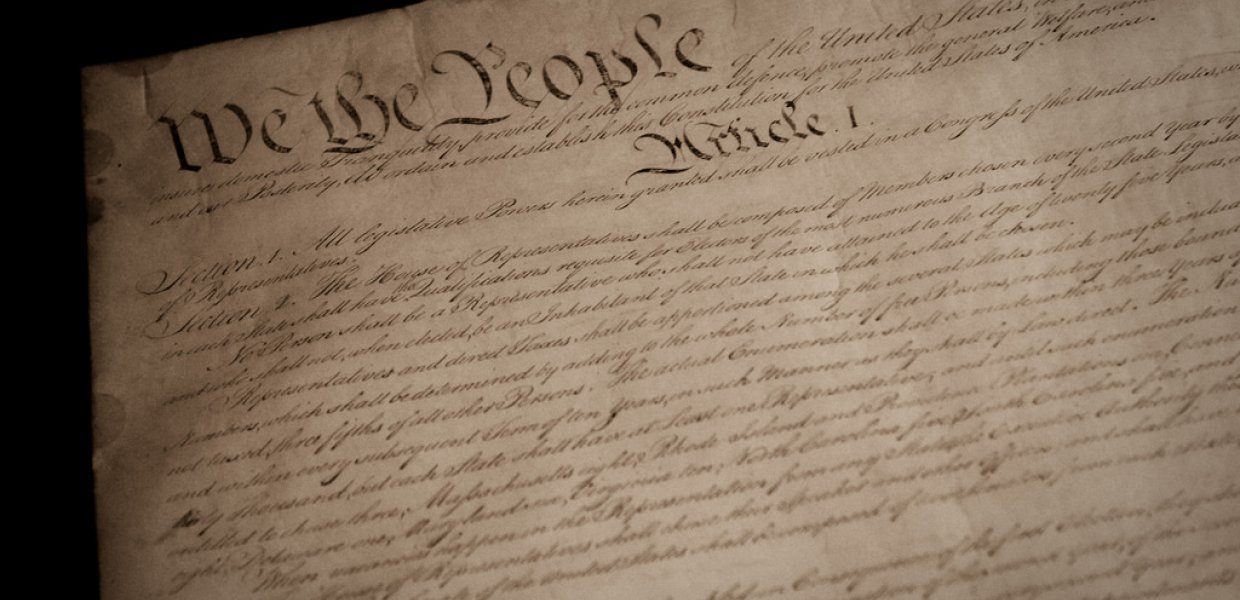Since civilization began, the ruler of a tribe, community or country often had someone on whom they would rely to enhance their reputation. Those people were good at crafting words or imagery and skilled at anticipating how stories or deeds would be viewed. In modern times, these roles are often occupied by professional communicators, people who understand cause and effect, and advise accordingly. This role has genuine value and appears in increasing demand.
It’s not a given, however, that demand for these skills will continue to grow. In fact, considering two recent events, we may be beginning to see the value of this role weaken and demand for it recede.
On July 4, 2017, National Public Radio celebrated the Declaration of Independence, just as it has for 30 years. This time, however, they tweeted the document, bringing Jefferson’s immortal words to a modern audience. What happened next was extraordinary. NPR — an acclaimed and sober institution — was accused by some of inciting rebellion. It was clear that people making this charge were not familiar with the actual Declaration and were, instead, assuming these were NPR’s words, not those of our Founding Fathers. An extremely patriotic act was met with allegations of treason. This, I believe, could not have been anticipated.
Likewise, when Alison Chandra tweeted on June 23, 2017, about the $230,000 hospital bill she received for her 3-year old son’s lifesaving care, no one could have anticipated how quickly the tide would change from sympathy, to apathy, to anger and, finally, outright venom and hate. She was offered a .22 caliber bullet, either for her or her son, and was told to let her child die because it would be “cheaper” to have another baby. An outcry like this is unimaginable and, as a result, no one could have guided Ms. Chandra on how to avoid or mitigate what happened.
In both cases, of course, the hatefulness reflected a very small minority. However, for NPR and Ms. Chandra, the hate became the story. I’m sure the staff at NPR was bewildered and a bit amused by what happened and, in the end, their website and Twitter feed probably received more traffic. Likewise, Ms. Chandra’s underlying message about the cost of health care was more widely distributed because of the hate-filled response, perhaps mitigating the unfortunate behavior.
But both cases represent our new reality: No one can tell you what’s going to happen when you engage with the world. The potential chilling effect of this phenomenon is real, as is the risk to the value any communicator offers. We will continue our role of anticipating, guiding and counseling, but should do so knowing our ability to see around the proverbial corner has been diminished.
We find ourselves saying with greater frequency that we are living in a new world but, until recently, that world was reasonably predictable. That’s no longer the case. As predictability fades, it may be that the best advice we can offer is to no longer try to anticipate (let alone shape) what’s going to happen but, instead, to pick a course that feels genuine and stick to it no matter what people say.
To download a full copy of the Relevance Report, click here.









